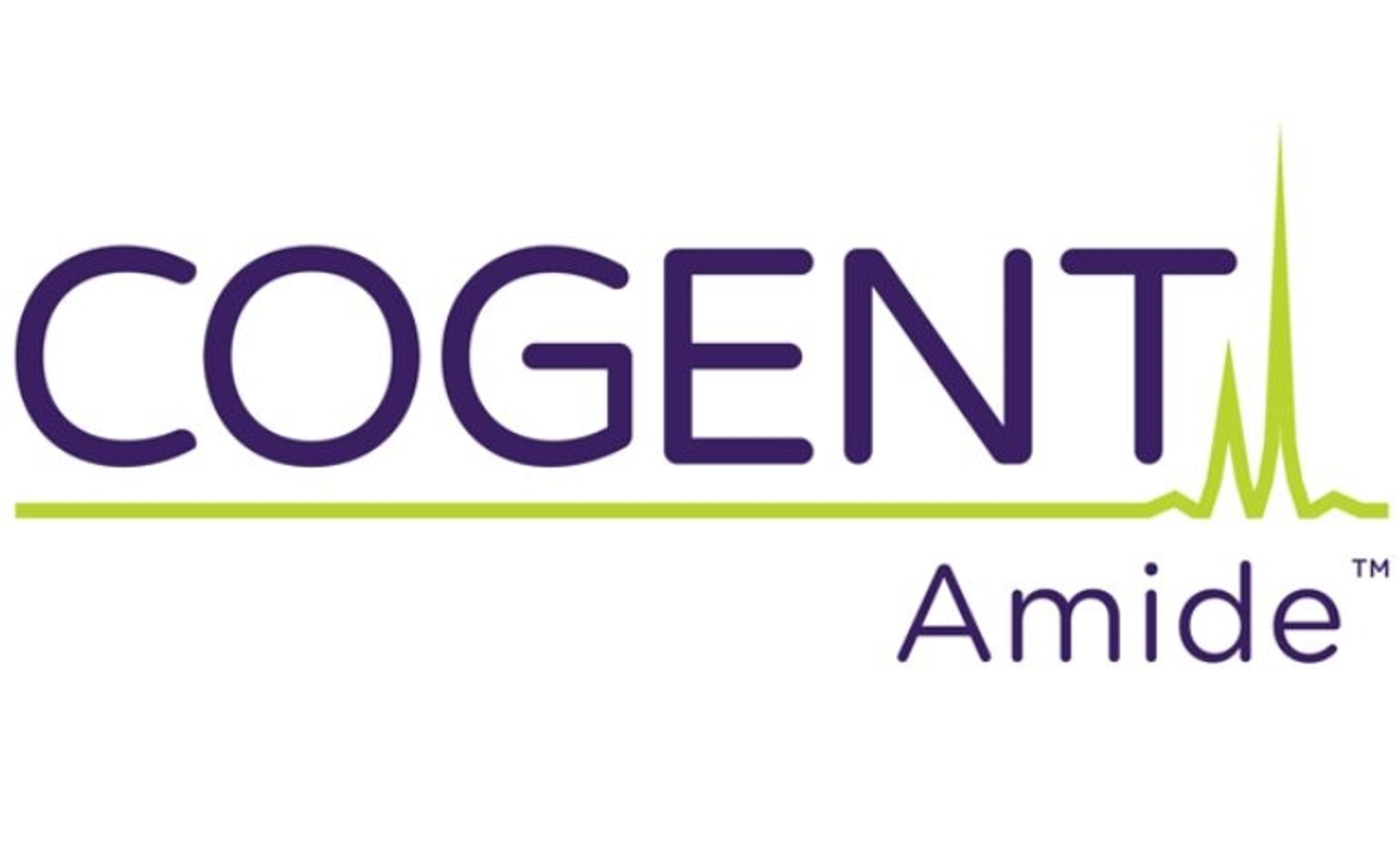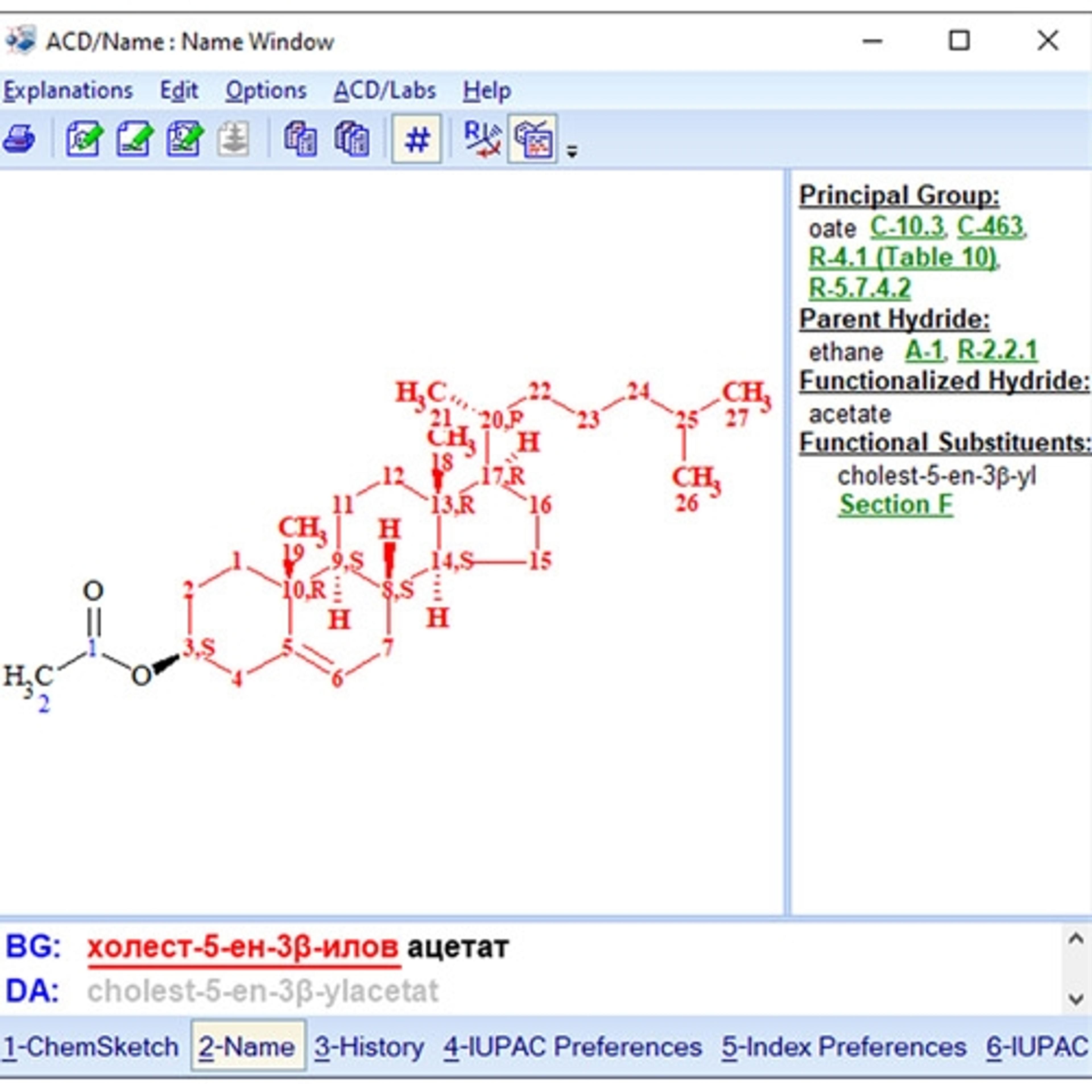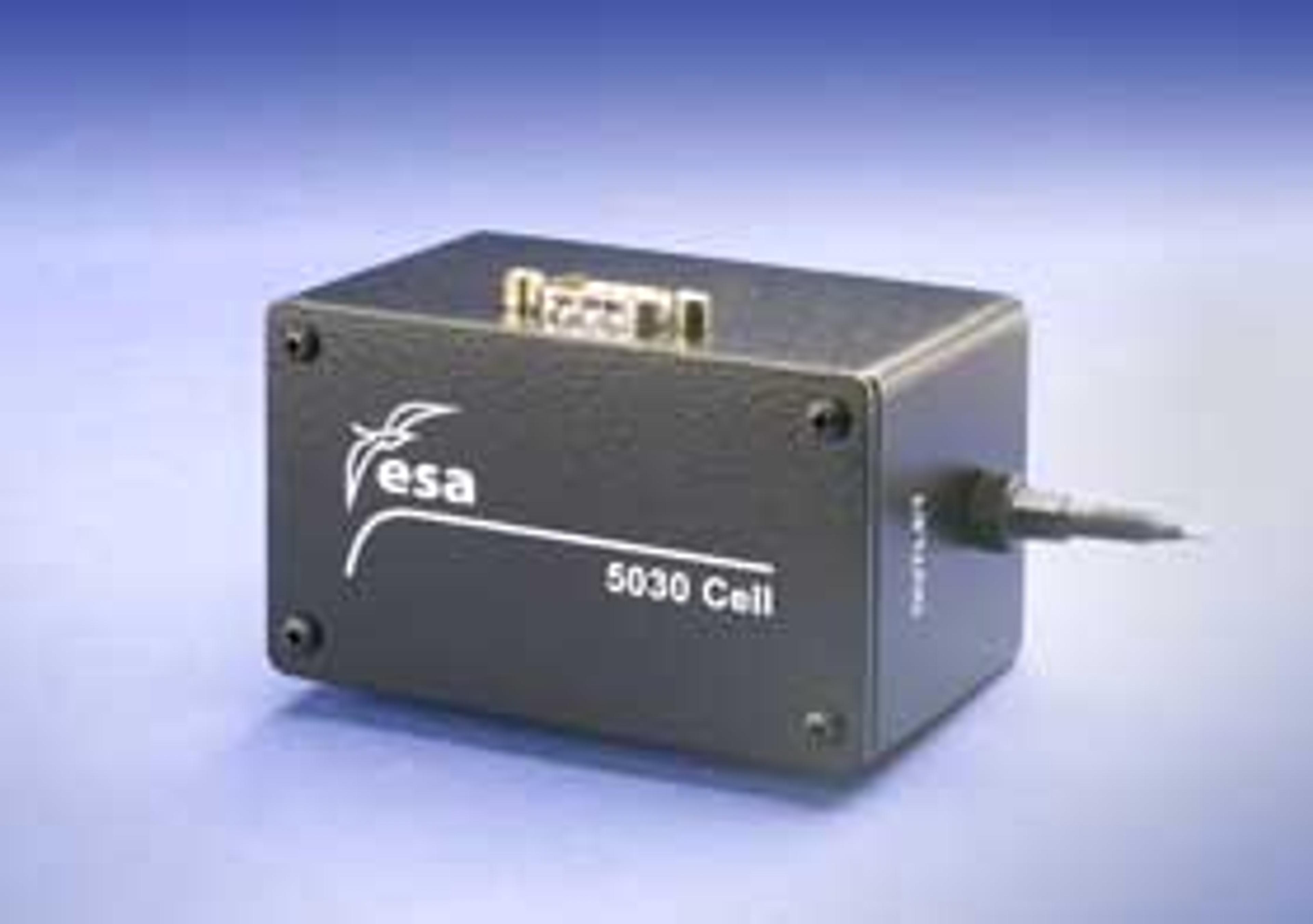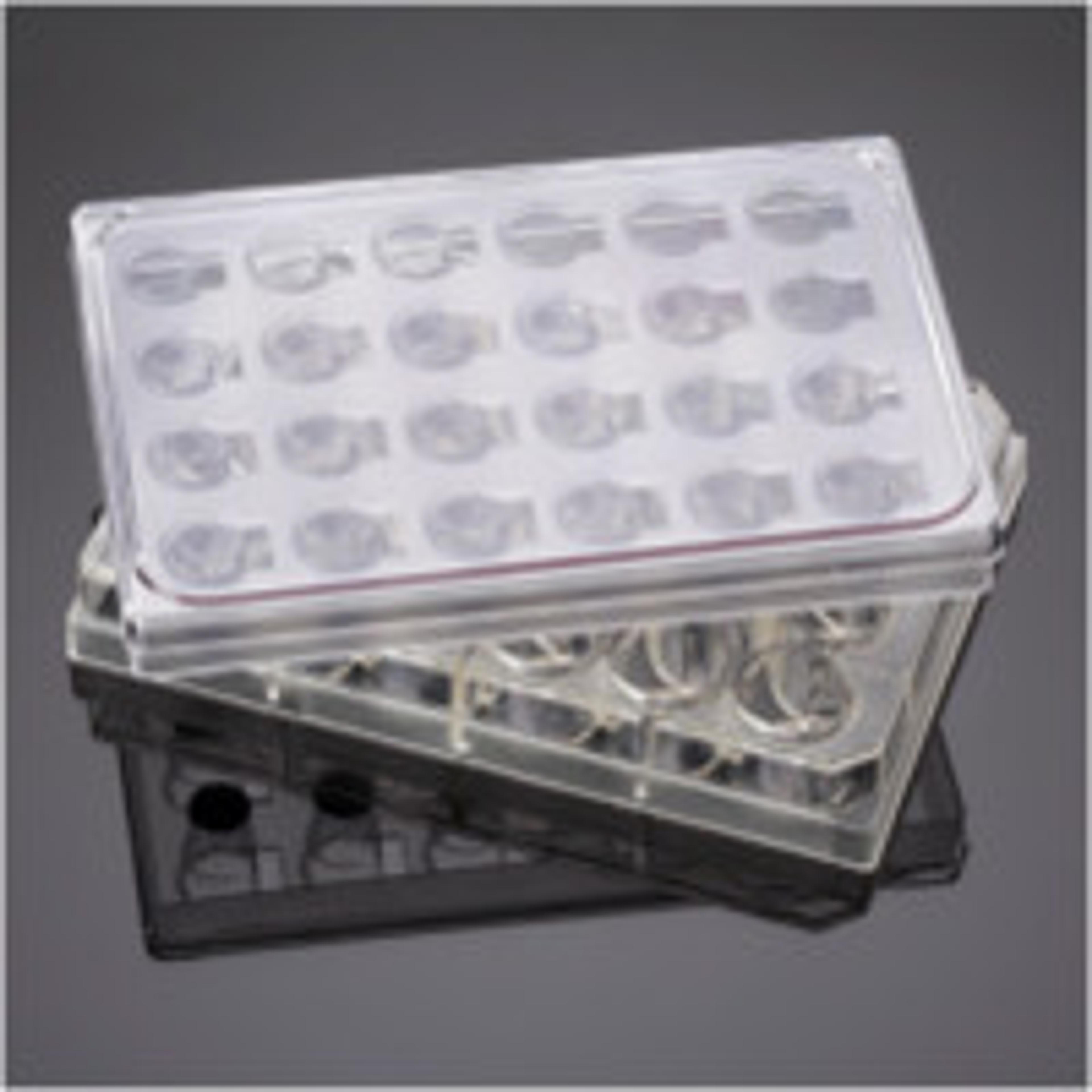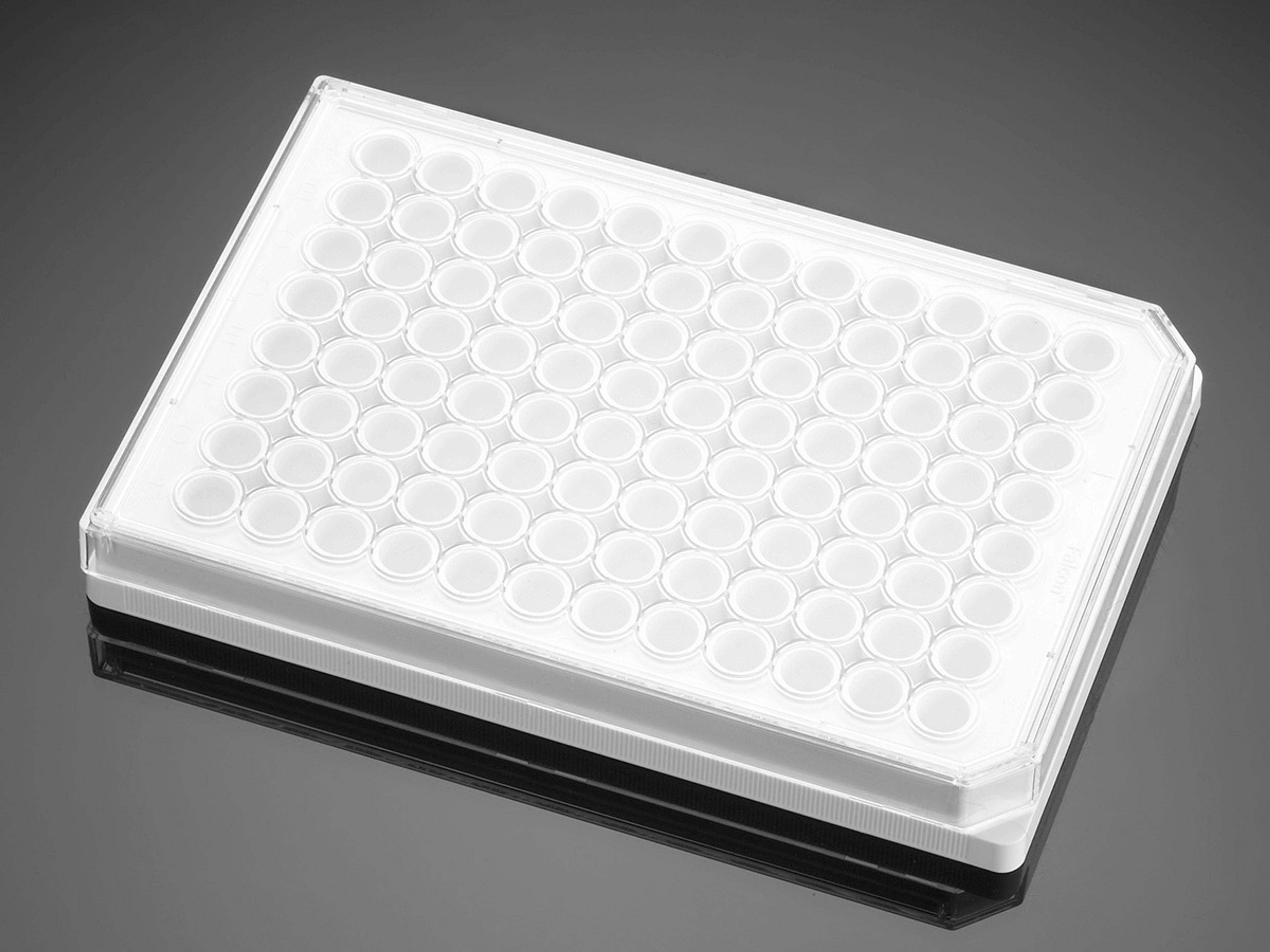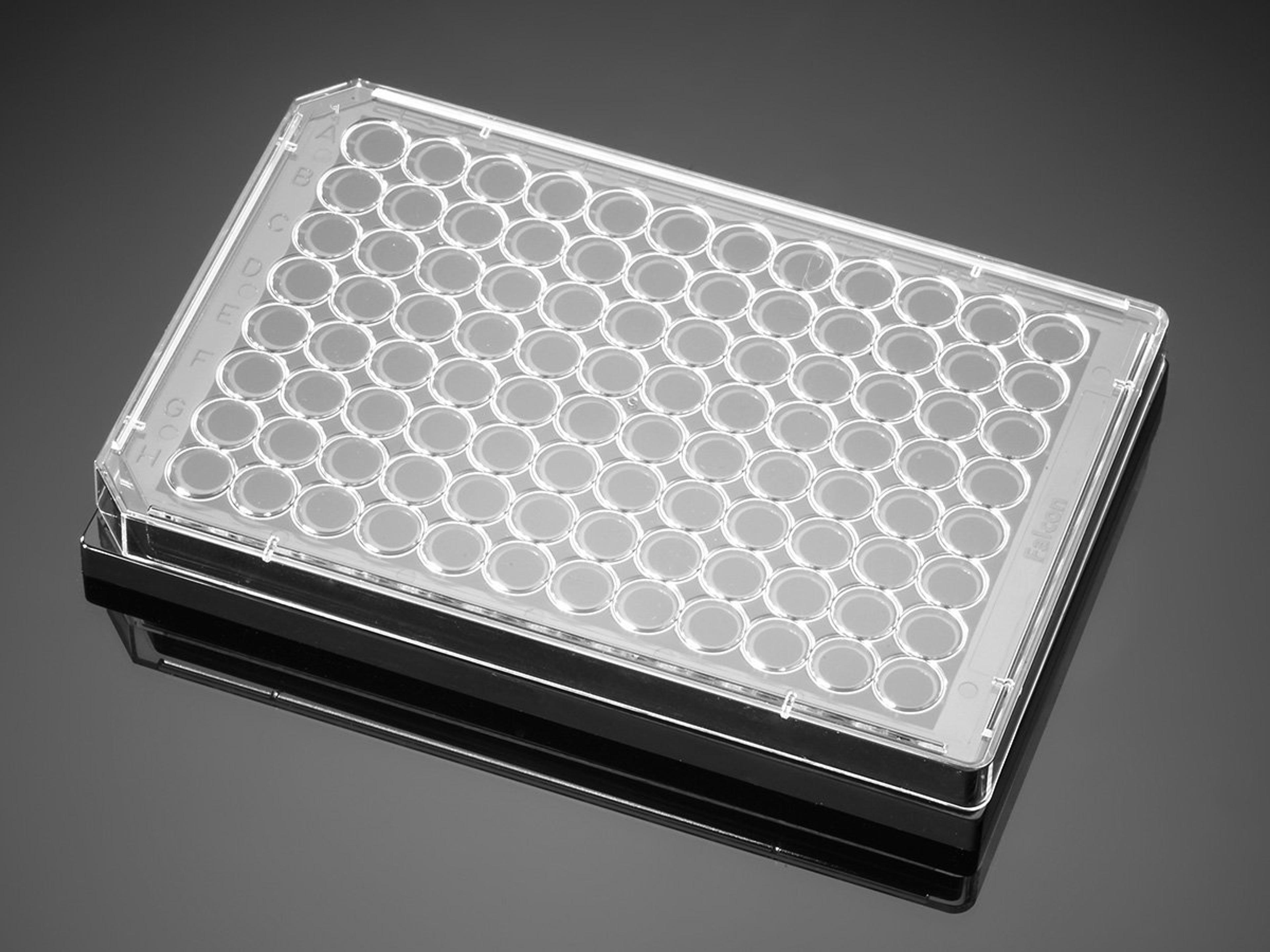Cogent Amide Hydride™
MicroSolv Technology Corp.Cogent Amide Hydride™ HPLC Columns are manufactured with TYPE-C™ silica (silica hydride) and have an ethyl amide functional group bonded to the silica particle with direct, silicone-carbon bonds. The manufacturing of silica makes these columns extremely stable.

